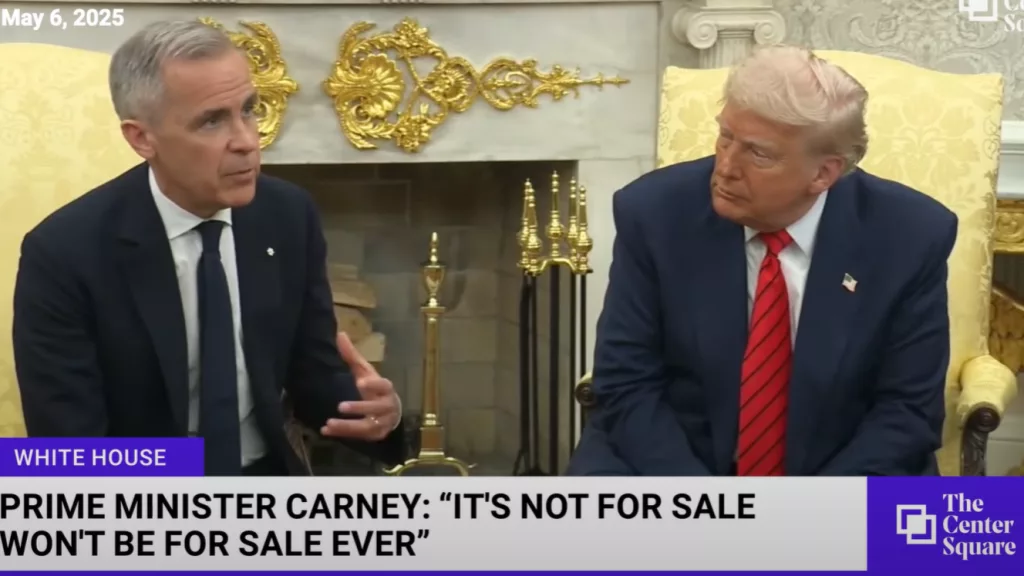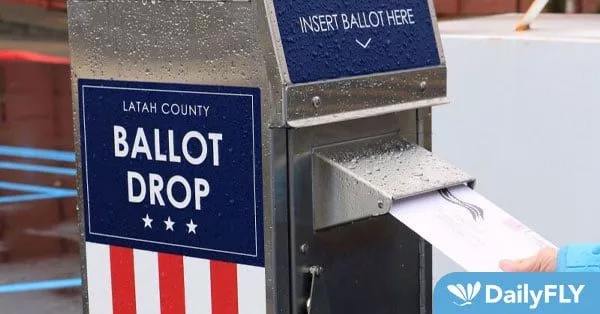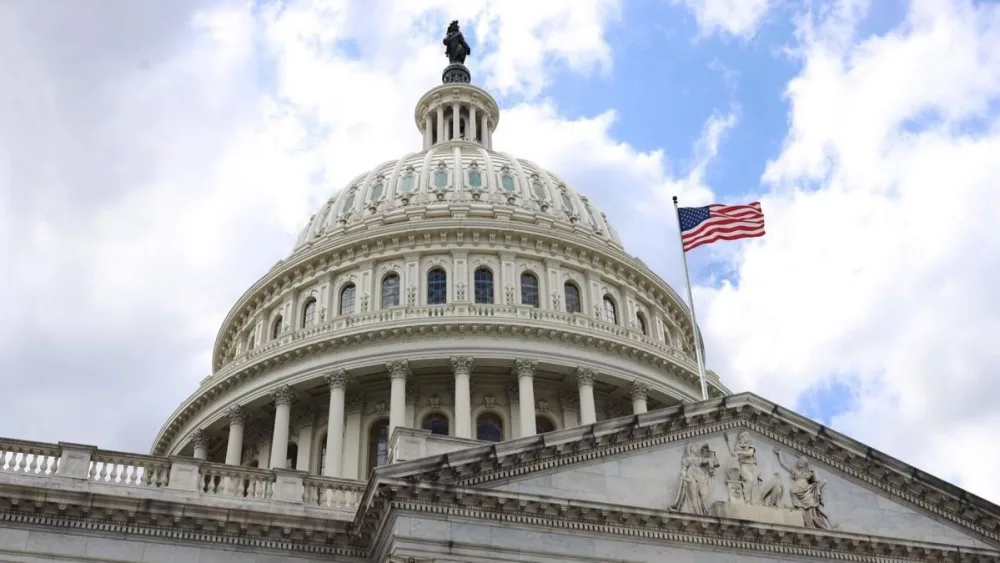WASHINGTON, D.C. – President Donald Trump and newly elected Canadian Prime Minister Mark Carney maintained their composure Tuesday as reporters peppered them with questions at the White House – despite differing views on U.S.-Canada trade arrangements and Canadian statehood.
Many were unsure how the world leaders’ first meeting would go, as tensions between the normally friendly bordering countries have risen in recent months, after Trump began saying that Canada should become America’s 51st state shortly after he was re-elected. Carney was just elected as a member of Canada’s Liberal Party to his country’s prime ministership in March.
Trump raised tariffs on both Canada and Mexico, levying a 25% tariff on cars and car parts, steel, aluminum and other goods.
Trump clarified during the meeting that America would remain respectful of its northern ally’s independence but also that his comments about Canada becoming an American state haven’t been made in jest.
“I believe it would be a massive tax cut for the Canadian people; you get free military, you get tremendous medical care and other things. There would be a lot of advantages,” the president said. “I do feel it’s much better for Canada, but we’re not going to be discussing that unless somebody wants to discuss it.”
But Carney pushed back, insisting Canada would never belong to the U.S.
“As you know from real estate, there are some places that are never for sale,” Carney said.
“That’s true,” Trump said, smiling.
“Having met with the owners of Canada over the course of the campaign, it’s not for sale. It won’t be for sale ever,” Carney said, underscoring that Canadian citizens have been adamant about their country remaining a sovereign nation.
Trump and Carney also answered questions about the United States-Mexico-Canada Agreement, which replaced the North American Free Trade Agreement, or NAFTA, during the first Trump administration.
The USMCA was meant to preserve open and tariff-free trade between the three countries, with some stronger enforcements because Trump believed NAFTA granted unfair advantages to Canada and Mexico. As part of the agreement, all parties are to review the deal and can indicate in 2026 whether they’d ultimately like to opt out, though that process would take time.
Trump downplayed the importance of the USMCA moving forward, while saying it was a necessary transition away from NAFTA.
“It was actually very effective. It’s still very effective, but people have to follow it, so you know, that’s been a problem,” Trump said. “It was a transitional step a little bit. As you know… it gets renegotiated very shortly.”
Carney said the USMCA would “have to change” and indicated some displeasure with America’s use of the arrangement.
“[The USMCA] is a basis for a broader negotiation. Some things about it are going to have to change and part of the way you’ve conducted these tariffs,” Carney said, seemingly addressing several members of the administration, “has taken advantage of existing aspects of the USMCA…. There’s other elements that are come – and that’s part of what we’re going to discuss.”
“Right,” Trump said, nodding.
Despite Trump’s challenges to Carney’s assertions that Canada would never be for sale, urging Carney to “never say never” and his claims that there’s no reason for the U.S. to be “subsidizing Canada” through trade arrangements that prevent the U.S. from manufacturing some of its own goods, the meeting calmly concluded Tuesday afternoon.
“This is a very friendly conversation,” Trump said.





